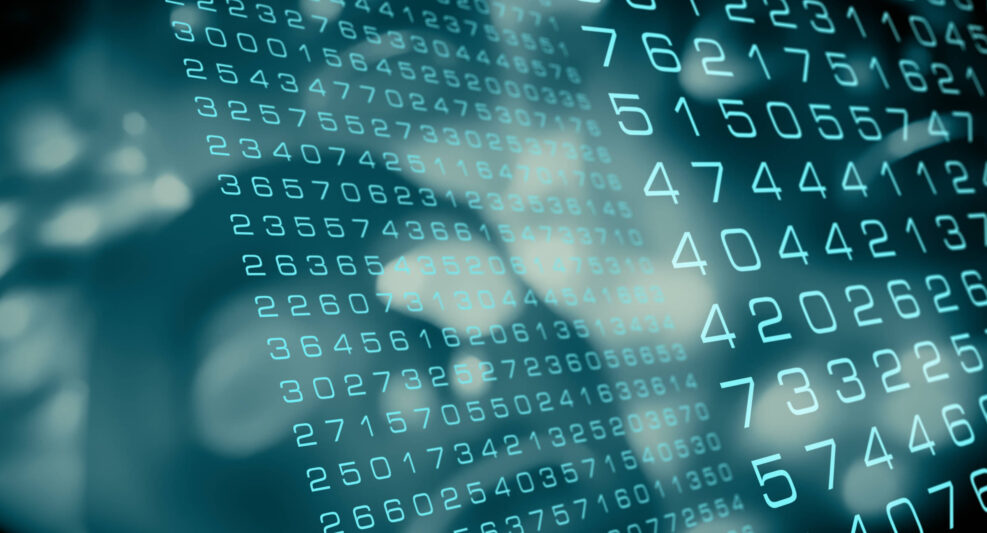
A Silicon Valley Psychologist Doesn’t Believe in Consciousness
Duncan Riach thinks that, with increasing complexity, computers will appear to be conscious too but it’s a misunderstanding for both humans and computersDuncan Riach, who believes that computers can become selves, doesn’t believe in consciousness. As he explains, I’ve lost friends over this because a denial of consciousness undermines a final refuge of the arrogance of selfhood: universal consciousness. But even most normal people are strongly insistent that consciousness is a real thing, a special thing, and that they possess it. The problem I have is that there’s not only no evidence for it, but what people seem to be referring to as consciousness is explainable as an effect no more unusual, no less materialistically explainable, than water flowing downhill… Rather than jumping to the conclusion that this body has a soul and/or that somehow this “I am,” this feeling of something Read More ›















